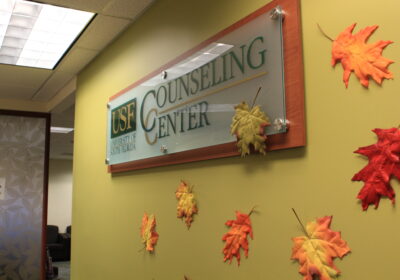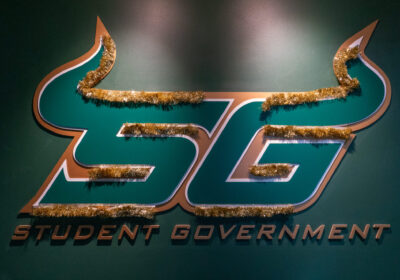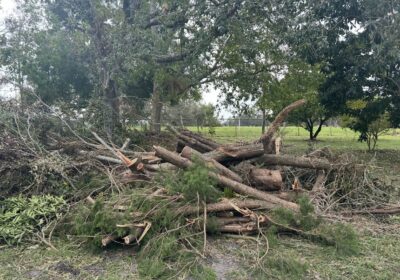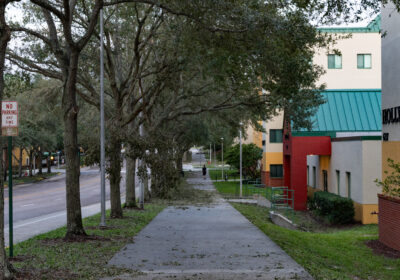Hacking to help, not hurt
Members of the Whitehatters Computer Security Club are not average computer users.
Armed with Dell notebooks, laptops, a few Macbooks and a vocabulary consisting of words like ‘Defcon,’ ‘binaries’ and ‘Linux,’ they are a group of hackers who meet once a week on the fourth floor of the Marshall Student Center (MSC).
They simply go by Whitehatters.
Whitehatters is a registered club at USF with a goal to gain as much knowledge as possible about computer security and programming.
“We promote computer security issues,” said Alex Taylor, a junior majoring in computer engineering and president of Whitehatters.
Beyond that, it’s also a good talent to develop for the future.
“The club is really a good way to make yourself more marketable to a company,” Taylor said.
Chris Head, a senior majoring in computer science and vice president for the club, said that learning how to hack is also a way to protect yourself from it.”If I get a job in security, knowing how to (hack) will help me prevent it,” he said.
All of the current members are USF students or staff. While the bulk of the members are computer engineering or computer science majors, any student can join, Taylor said.
And they’re not out to harm students or computers – a common stereotype for hackers. In fact, the club’s focus is learning how to protect computers from malicious hackers by understanding methods.
The term Whitehatter is slang for someone who is a “good hacker,” someone who does not hack for personal gain or malice. But there are also Blackhatters, who do have bad intentions, said Joe Rogers, the club’s staff adviser.
The nicknames date back to the Wild West era, when cowboys commonly wore white hats if they were lawful and black if they were outlaws. Every Whitehatter at USF must sign an ethics statement, which says they promise not to gain unauthorized access to computers or networks and that anything they learn will be used for “non-criminal enterprises.”
There only has been one instance where they had to kick a club member out for violating the ethics agreement, Rogers said.
The club also studies computer techniques like cracking and phreaking.
Cracking is maliciously hacking software programs, while phreaking is any kind of hacking that involves a telephone or landline, said Jason Link, a senior majoring in information technologies and a club member. The Whitehatters recently participated at the USF Engineering Expo and taught students the basics of lock picking – to parallel with the similarities the technique has to hacking.
“Lock picking is a good way of showing the mechanics of something, and the ability to manipulate it,” Taylor said. “It’s kind of similar (to hacking).”
Rogers helped start the group in 2005 and still tries to attend every meeting. Aside from explaining hacking elements during meetings, he also helps prepare the group for competitions and tournaments.
The Whitehatters compete in Capture the Flag (CTF) competitions that test competence in computer security. CTF competitions challenge teams to complete tasks, like finding hidden binaries, answer hacker trivia questions and manipulate images, programs and Web sites.
The group placed in the top half of the International CTF at the University of California Santa Barbara and will compete in the online Cipher 6 CTF challenge on July 6. In that challenge, each team is forced to keep an online server operational while other competing hackers attack it.
Taylor said any majors and people interested are welcome. The group meets Friday in the MSC room 4102 at 5 p.m and holds boot camps at 3 p.m. before the meeting for members who need to refresh their memory, and for “newbs” – inexperienced in the hacking world.
“There are no other clubs on campus that focus on computer security,” Taylor said.






